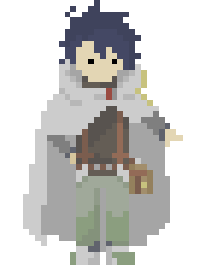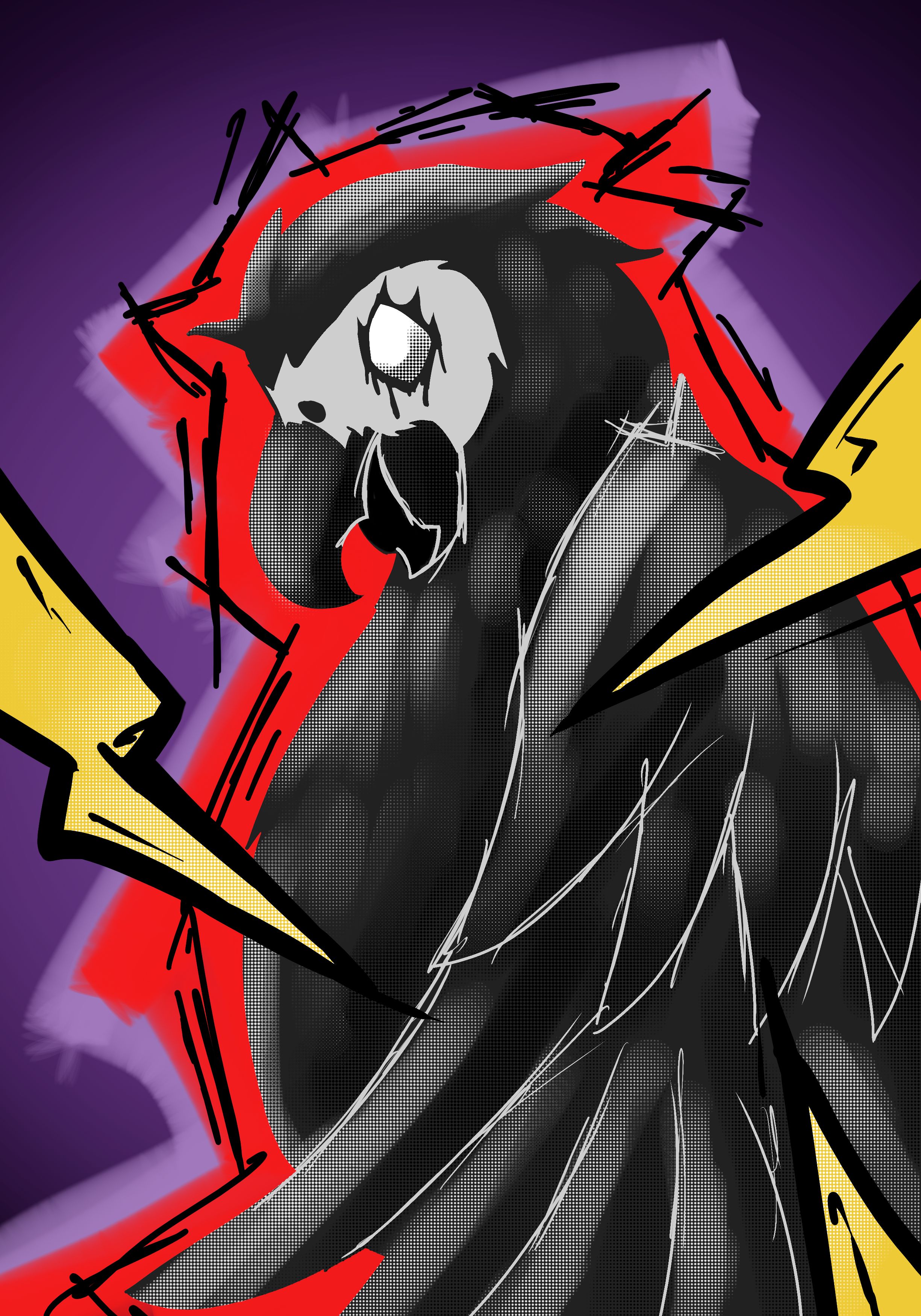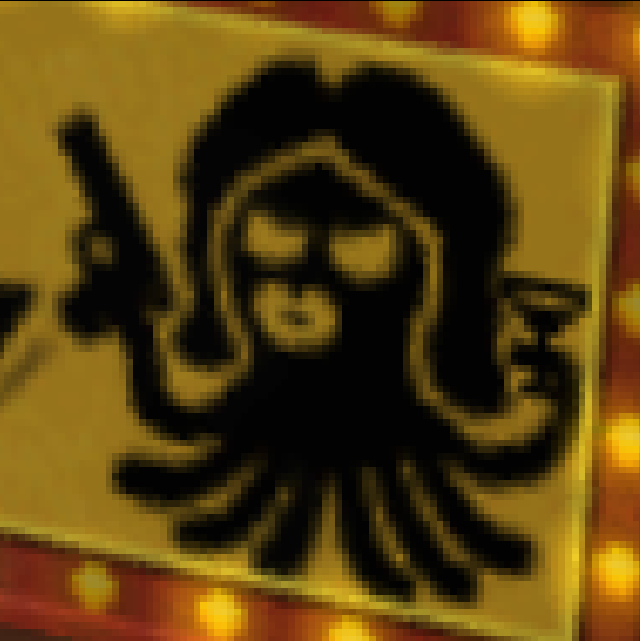This spider has taken residence in a corner of one of the rooms, I’m not bothered by them but the web is getting a bit too big… can I just remove part of it to keep the size in check without causing harm to the spider?
I’m in the hospital and on many medications and I thought you were asking if you could remove part of the spider without harming the spider.
Hope you get well soon!
Might also have been a poorly phrased question on my part, since English is not my first language!

Thank you! Definitely not your fault. I’m just zonked with meds.
I am going to assume you have a cellar spider. Removing part of the web isn’t going to directly harm them. They don’t recycle their web so you aren’t even removing nutrients from them.
The only way it’s going to affect them is by reducing their chances of catching prey. Cellar spiders don’t have a sticky web and rather rely on prey brushing up against their web, then rushing there and killing it with a bite. So you are reducing the area they are covering.
They also usually just gradually increase the size of their web. So it’s unlikely it will try to rebuild everything you removed at once. Meaning it’s not going to waste too much energy.
That’s an outrageous amount of nerdiness on such a specific topic. Respect and a nice little boost to you.
Yes, the reduced chance of getting prey was the first thing that sprung to mind and I was mainly thinking about how that would mean increased hunger… but the web was getting too large to ignore, so we needed a compromise. Hope the trim won’t affect them too much!
Meaning it’s not going to waste too much energy
That’s good to hear! Thanks for all the info!
You’re a true spider bro
Spider has kept insect populations in check and I’m grateful. Plus, they’re cute
I was with you until that last sentence.
*Adrian Tchaikovsky has entered the chat *
Insect populations are pretty in check right now, that’s for sure
Yes. The web isn’t a horcrux or anything for the spider. I can build new webs.
“intensely_human”
I can build new webs
Something you wanna tell us? 🤨 🕷️
I’m like spider man, man
But if it is a spider with a horcrux there are bigger problems afoot, or aleg, as the case may be…
Unlike spiders, Daddy Longlegs don’t spin webs because they do not produce silk. Daddy Long Legs actually have only two eyes unlike spiders who have eight. Another difference is that Daddy Longlegs are not venomous. They do not have fangs or venom glands. - from Google.
There are many arachnids that shares the common name. Opiliones, or harvestmen, is what you are referring to. But a family of spider, phoclcidae or cellar spiders, spin webs and does whatever a spider does.
Yep the common name is regional. “Daddy longlegs” can also sometimes refer to crane flies, aka mosquito hawks/mosquito eaters
Those things are so comically annoying
Especially if you have cats that like to knock shit off tables and shelves while attempting to enforce castle doctrine on them flies.
Wait, I now have to research how they build their webs then, if not by spinning. Thanks for the trivia!
They prefer back and forth motion, shaking if you will, over a circular motion like stirring. Hence they don’t spin webs. They prefer them shaken.
“Wait, whaat…? That’s amaz-… wait a minute”
My name is Bond, Spider Bond.
No, the daddy long legs you’re talking about is a spider and of course it spins its webs. @PolyLlamaRous was talking about something completely different, the harvestman.
From their likely source:
Other Daddy Longlegs
Some of the confusion over whether the daddy longlegs is a spider comes from the fact that there are two are small creatures with that name, and one actually is a spider.
The daddy longlegs spider is the cellar spider. It is pale gray or tan and has banding or chevron markings. Crane flies, which resemble large mosquitoes, are sometimes called daddy longlegs as well.
I was about to reach the same conclusion, as I couldn’t find any mentions of alternative ways of spinning webs, so thanks for the confirmation!
I don’t think it’s an issue to remove part of the web. I’ve got spiders outside that tend to keep blocking the entryway and I have to destroy parts that get in the way of the path. They’re usually back within a day or so.
For a more solid answer, the link below describes moving spiders entirely by relocating part of the web with the spider. I think trimming the web is going to be less stressful than that.
https://askentomologists.com/2015/10/11/how-do-i-relocate-insects-and-spiders/
Appreciate it! I guess, since it’s just a little trim around the edges, there shouldn’t be problems as you said! If they can survive a relocation they can probably live with a little less web! Thanks!
I don’t know anything about daddy long legs, but I’d assume it’s okay as long as you don’t try and do it when it’s in the web.
If it needs a web to live its life then it must be able to account for damage. Whether that means it repairs your damage or it decides another location would be best, it should be able to accommodate.
Thanks! It’s a bit difficult to wait for them to move out, since, at least for what I can tell, they never leave the web. I always found the spider in the same spot lol right now they’re keeping around the middle, so I could trim the edges of the web without directly touching the spider, if that’s what you meant!
As long as you’re careful it should be okay. I’m sure it’ll scare the shit out of them, they may flee if you trim it, but again, worst case is they decide they need to make a new web elsewhere.
Too bad, I guess it was good real estate!
Just did it, they curled their legs (I guess to keep stability, maybe?) but now they’re back to the previous relaxed state I always see them in. It was really just a small trim, hopefully small enough not to scare them away lol I appreciated their efforts to keep bothersome insects away so far and I wish for a long-lasting mutually beneficial relationship
Daddy long legs aren’t spiders.
If it looks like a spider, and acts like a spider, and freaks me out like a spider, it’s close enough
In the UK what we call a daddy longlegs has wings and flies (a crane fly I think). Obviously a very widely used name for things with a small body and a bunch of long legs haha
We call those flying daddy long legs in NZ
Can’t tell if you are being serious or pulling my leg with that but I love it haha. I mean it’s a perfect way to distinguish because over here we have no good way to call the spiders other than ‘one of those long leg small body kinda spiders’ which is a terrible name.
Definitely not pulling your long leg, daddy, it’s how we distinguish between the long legged things with wings and the long legged things without
Not true. Daddy long legs is a colloquial term that refers to several different species, including spiders.
It is the name for a type of crane fly in the UK.
That doesn’t look like my friend at all lol
This one here looks very much similar to my friend (thin and long body): https://en.wikipedia.org/wiki/Pholcidae
No idea why there’s multiple animals called all the same way though
Cellar spiders/ daddy long legs have become catch-all terms for any spider or pseudo spider with tiny body and long legs. Anyway, webs get disturbed all the time in nature. The spider just rebuilds. As long as you don’s bump in to them, they will just repair the web. If the web needs repair too often, then the spider will move elsewhere.
I see, kinda lazy nomenclature, but I guess with all the different kinds of spiders, at some point you run out of names ahah thanks for the info! I hope they stay because they’ve been eating good, and I appreciate the reduced amount of insects
In German, cellar spiders are called “Große Zitterspinne” (Great Trembling Spider), due to its defensive mechanism. There’s a whole family of Zitterspinnen. Crane flies are called “Schnake” (no direct translation, large mosquito). There are regional variations, however, where both are also referred to as daddy long legs.
over here (NZ) what we call daddy long legs are, I believe, known as cellar spiders in other places.
Yes, that’s right. Fun fact: they eat whitetail spiders.
oh, that’s cool! I thought it was the other way around.
I used to think so too! To be fair the whitetails want to eat the daddy longlegs, but they don’t have the reach advantage.
There are some videos on youtube eg this one.
Can’t find it right now but somewhere there’s a 3 part one showing how the daddy longlegs deliberately lures the whitetail to try to come and eat it, but it’s a trap.
Here is an alternative Piped link(s): https://piped.video/watch?v=MjFbNoChEoc
Piped is a privacy-respecting open-source alternative frontend to YouTube.
I’m open-source, check me out at GitHub.
Depends on who you ask. Pholcidae are also called daddy longlegs and are spiders.
I read that as opulence (you own everything)
Here is an alternative Piped link(s): https://piped.video/IqKpTa9OhSg
Piped is a privacy-respecting open-source alternative frontend to YouTube.
I’m open-source, check me out at GitHub.











